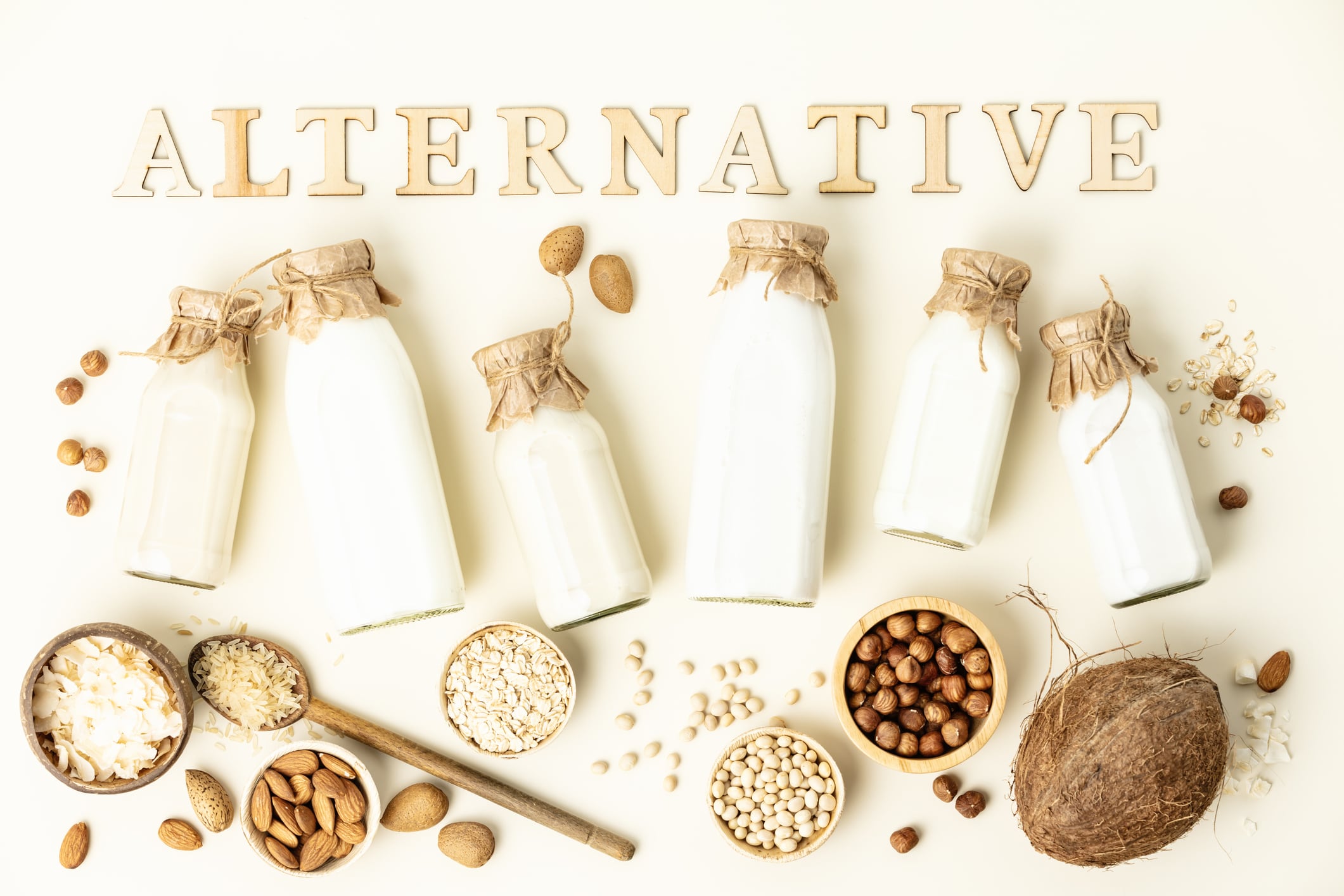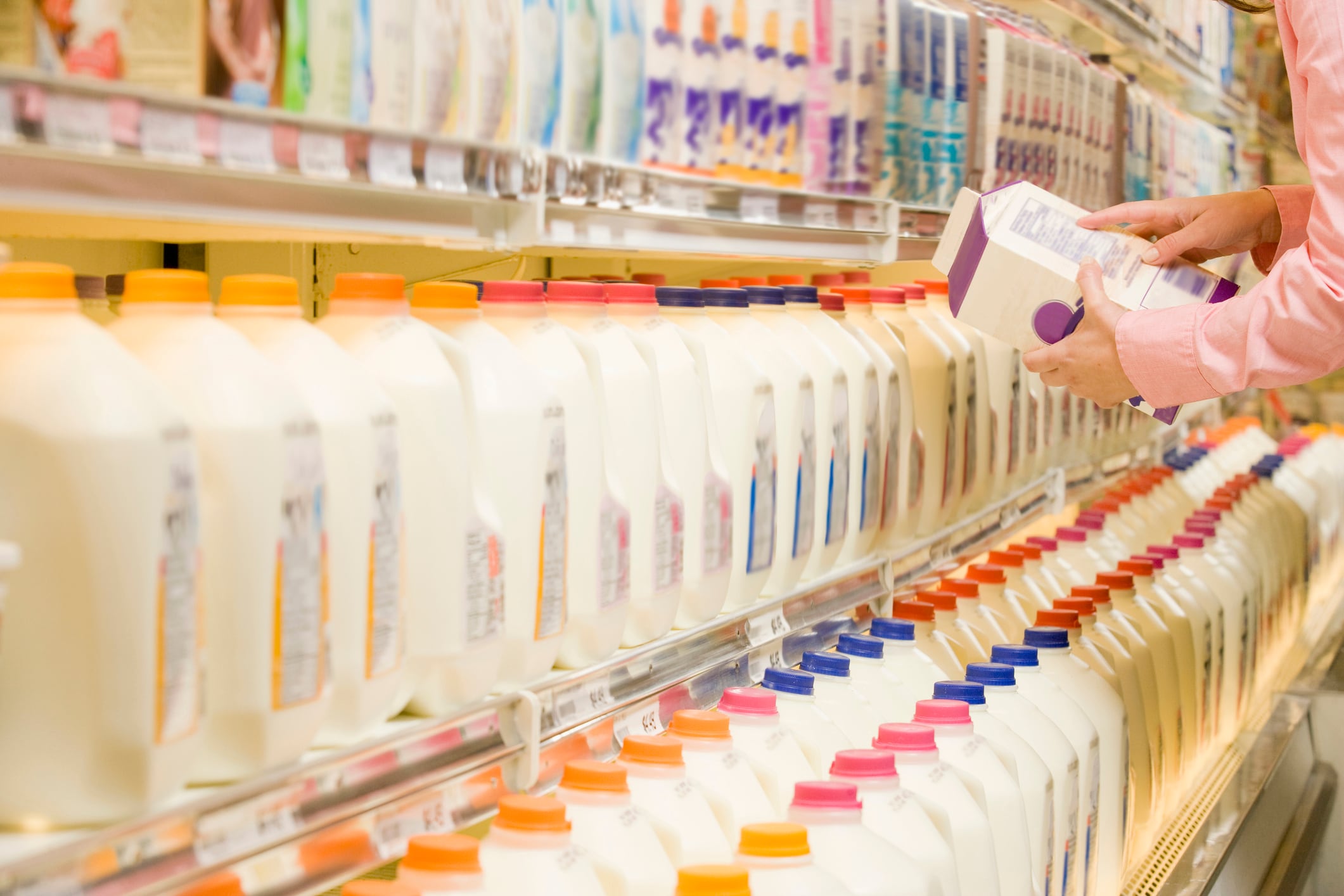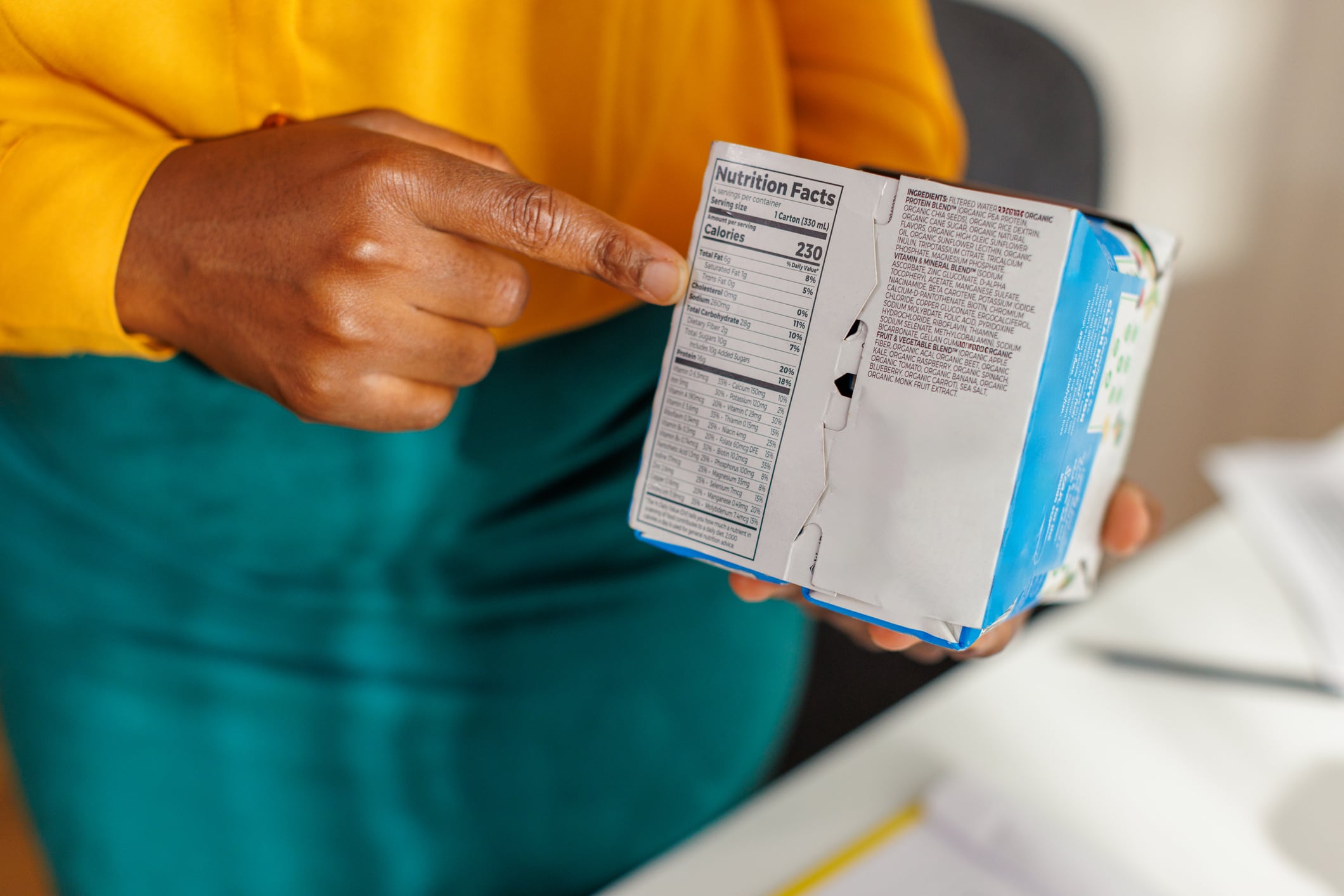This move follows media reports alleging that dairy analogues – which include plant-based or synthetic alternatives that mimic dairy products – are being sold as dairy products in India.
“Several media reports have been surfaced wherein it is claimed that products like ‘analogue in dairy context’ are being sold as ‘dairy products’, thus misleading consumers,” said Rakesh Kumar, FSSAI Director of the Regulatory Compliance Division.
In response, the FSSAI convened consultations with stakeholders – including industry associations, consumer groups, and the HoReCa (Hotel, Restaurant, and Catering) sector – to assess current compliance levels and regulatory gaps.
Based on these discussions, the food authority is proposing stricter regulations for dairy analogue products. It is seeking public comments within 60 days from April 16 on the following proposed amendments.
Proposed regulatory updates for dairy analogues
FSSAI aims to standardise naming conventions by clarifying whether prefixes such as “non-dairy” or “analogue” can be used alongside traditional dairy terms—for example, “analogue cheese” or “non-dairy milk”—where dairy ingredients are wholly or partially replaced. The objective is to prevent misleading product labelling and ensure clear product identification.
For pre-packaged items using dairy analogues as ingredients, the proposal mandates a detailed declaration. The label must clearly state the type of analogue used – for example, analogue of cheese – immediately followed by a list of its components in descending order of proportion. For instance, a label might read: Ingredients – analogue of cheese (milk solids, refined palm oil, hydrogenated vegetable fat, modified starch, emulsifier).
Restaurants, caterers and other food service operators will also need to explicitly indicate when a dairy analogue is used in prepared foods. This includes using terms such as “non-dairy” or “analogue” before any dairy terminology on menus or promotional materials – for instance, “analogue of paneer” in dishes like kadhai paneer. The declaration must be clearly legible and accessible to help consumers make informed choices.
To curb unlabelled sales, the FSSAI has proposed that dairy analogues be sold only in pre-packaged units of at least 500 grams. Loose sales will be prohibited, and packages must carry the appropriate labelling declarations in compliance with existing food standards regulations.
To reduce the risk of misuse, FSSAI also plans to restrict dairy analogue manufacturing to larger food businesses. Petty food businesses – those with an annual turnover below INR12 lakh or daily production capacity under 100 kg/litres – will no longer be eligible to register for manufacturing such products. Instead, only firms qualifying for a State or Central license may produce dairy analogues, increasing regulatory accountability.
These proposed measures aim to create a consistent regulatory framework that protects consumer rights while supporting responsible market practices, especially as demand for plant-based and synthetic dairy alternatives continues to grow.
They are part of a broader effort by the FSSAI to strengthen guidance around vegan products and milk packaging proposed this year.





